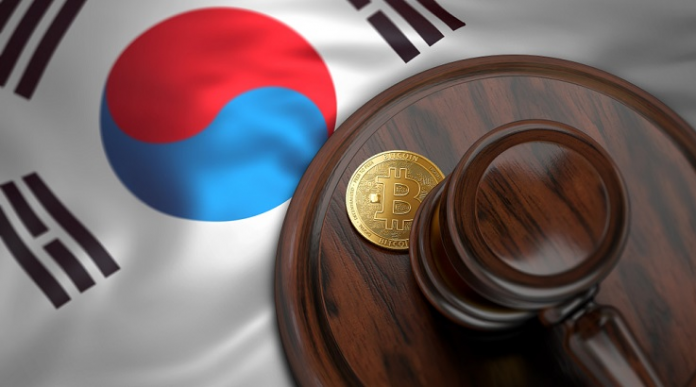
PayPal, the world’s largest online payment company with about 350 million users, has come to support cryptocurrencies such as Bitcoin.
Thanks to this news, the bitcoin market recently hit the peak of the year, and global cryptocurrency exchanges are rapidly becoming active, and only domestic exchanges are not able to benefit from this. This is because even domestic investors are moving to overseas exchanges due to various regulations on crypto assets and negative government policy.
In January 2018, after former Justice Minister Park said, “Crypto assets are gambling and we will close the exchange,” the crypto asset industry, including domestic exchanges, shrank.
Meanwhile, after the ICO fever ended, the US CME and others launched bitcoin futures products that institutional investors could access, and the influx of institutional financial institutions began. Accordingly, the cryptocurrency market has rapidly changed to a market that is mainly trading derivatives based on cryptocurrencies such as bitcoin, which has a high market capitalization. Like a crude oil or gold futures market.
For example, Coinbase, Bitfinex, and Kraken, the leading cryptocurrency exchanges in the U.S., all legally provide margin trading products that can leverage 3 to 5 times the principal amount. In particular, Bitfinex and Kraken also offer cryptocurrency futures products that are more aggressive than CME. Chinese cryptocurrency exchanges such as Binance, Huobi and OKex have also launched derivatives that allow higher leverage investments.
On the other hand, when investing in a domestic exchange, leveraged investment itself is impossible, and there is no risk hedge against decline. The only investment strategy available to users of domestic exchanges is’buy when cheap and sell when expensive’. For professional traders or institutional investors, where risk hedging is essential, it is practically impossible to use them. It is a structure that institutional investors cannot enter the domestic market.
In the end, excessive regulation destroyed the domestic ecosystem and made foreign exchanges full. Experts say that this will inevitably lead to the outflow of local wealth, a decrease in tax revenue, and a weakening of the competitiveness of the domestic industry.
Originally, the size of the cryptocurrency market was much larger in Korea than in overseas markets. In 2017, domestic exchanges accounted for more than half of the global cryptocurrency market share. Several exchanges with a daily transaction amount exceeding 870 million dollars (about 1 trillion won) have begun to emerge, and there have been times when domestic exchanges have been listed at the top of the world cryptocurrency exchange rankings.
In this way, the domestic industry has shrunk a lot, and the crypto asset market has grown rapidly, centering on markets and institutional investors in advanced financial countries including the United States and Japan.
According to CoinMarketCap.com, a crypto asset statistics website, the total cryptocurrency market transaction amount as of October 23 was 8.8 times the total transaction amount of the KOSPI market on the same day.
At the time of the cryptocurrency crisis in 2018, Chinese exchanges’Binance’ and’Huobi’, which were following in a lower ranking than Korean exchanges, have now become’global exchanges’ competing for the first and second place in the world rankings. As of October 23, the crypto assets traded on both exchanges for one day were 1.6 times the amount of the KOSPI market traded on the same day.
On the other hand, Bithumb and Upbit in Korea recorded trading volumes of 254 million dollars (about 29.2 billion won) and 34 million dollars (about 39.5 billion won) on the same day.
If we had rapidly institutionalized the cryptocurrency exchange in 2017, it would have had an economic effect, such as having an additional KOSPI market in Korea.
The power of’preoccupation’ in new markets is enormous. Users who have become accustomed to the #1 and #2 platforms seldom move to other platforms.
In order to compete properly, have to provide a much better environment than a preemptive platform, which is not easy. This is because we have to go beyond companies that already make dozens of times more money than we do and reinvest that money.
We are lagging behind in terms of economies of scale, and regulations are not supported, so it is obvious that we are actually subordinate to foreign exchanges. This is why there are voices saying that regulations should be prepared so that Korean exchanges can show competitiveness at the level of global exchanges, even for domestic investors.










